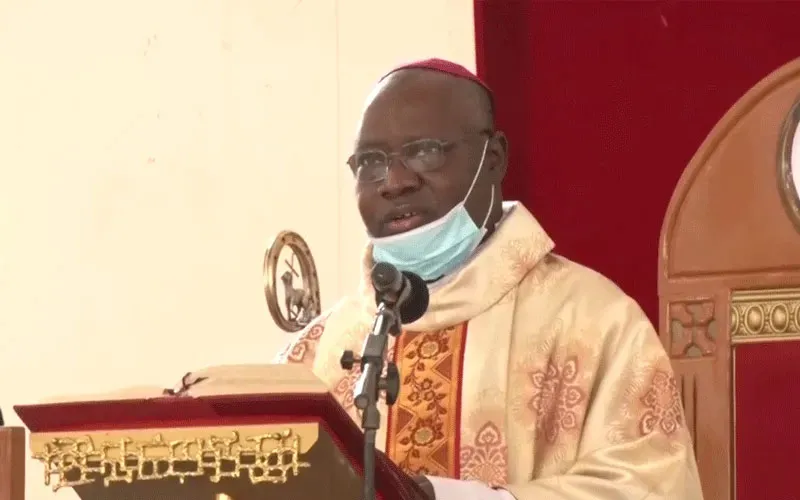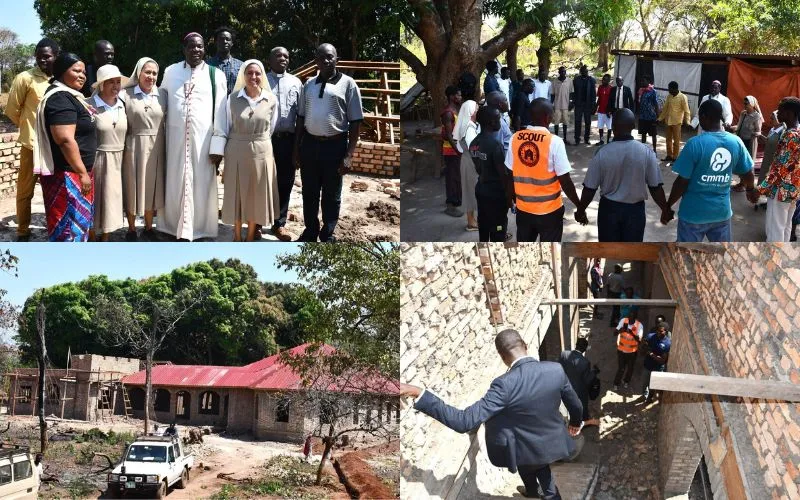“Sponsoring or killing a fellow human being in the name of religion is an evil we must condemn even when the perpetrators are members of our own religious circle. This will improve peaceful coexistence and inter-religious harmony. The blame game must give way to forgiveness, reconciliation, collective witness to social justice, peace and love,” he said.
The Nigerian Archbishop further said he finds it “unfortunate” that those who boldly speak against the vices in the country experiencing extremism find themselves in conflict with authorities.
“It is unfortunate that well-meaning Nigerians, who boldly speak out in favor of what is right, and make objective diagnosis of burning national issues, are threatened,” the Archbishop said in his August 29 homily.
He made reference to the nine-day second plenary meeting of the Catholic Bishops in Nigeria that ended Friday, August 27, saying, “The Bishops…have spoken again on various issues: the needless killings, deficient security, youth unemployment, poverty, the bastardization of human life, and so on.”
“The Government should interpret our concerns positively as a patriotic contribution to the current national issues to be urgently acted upon rather than see them as a challenge to political authority,” he said in reference to the members of the Catholic Bishops’ Conference of Nigeria (CBCN).
(Story continues below)
According to the Archbishop of Abuja, the world is watching Nigeria “with great bewilderment.”
“The reprehensible killings and related crimes, no matter the perceived grievances, are a call to the Government to act proactively and definitively,” he said.
Making reference to the Gospel Reading of Sunday, August 29, the Archbishop emphasized the need for true religion that embraces the spirit of communicable living saying, “The attitude of the Pharisees and Scribes which earned them the rebuke and denunciation from Jesus is because they honored God with their lips, while their hearts were far from Him. Their worship founded on externalism hardly translated into productive harmony, peace, faithfulness or forgiveness.”
“What the Lord wants from us today is a genuine life of grace and true holiness,” Archbishop Kaigama said.
He added, “We cannot go on worshipping God with the praises and prayers of our lips when our hearts are far away from Him. We must ‘live in the presence of God’ through a constant conversion of heart.”
Agnes Aineah is a Kenyan journalist with a background in digital and newspaper reporting. She holds a Master of Arts in Digital Journalism from the Aga Khan University, Graduate School of Media and Communications and a Bachelor's Degree in Linguistics, Media and Communications from Kenya's Moi University. Agnes currently serves as a journalist for ACI Africa.








